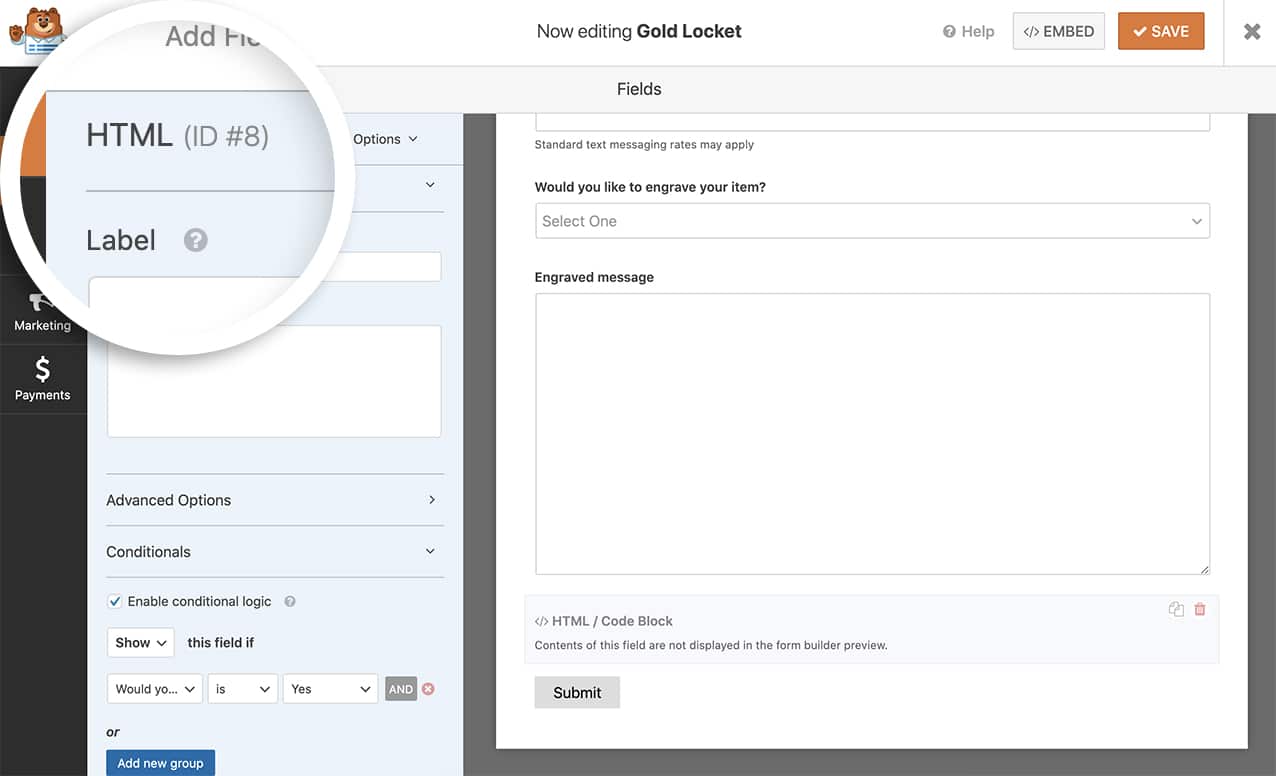
What are the normal ranges for a complete blood count? If your blood cell counts are outside of the normal range, your provider may order follow-up tests. Your provider will contact you to explain the results and discuss next steps. Sometimes it only takes 24 hours to get results. Results are usually ready within a few days. When should I know the results of the test? Rarely, some people feel a little faint or lightheaded after a CBC. There are no risks involved, and your provider only removes a small amount of blood. What are the risks of this test?Ī CBC is a safe, common test. It allows your provider to monitor your health, screen for disease and plan and adjust treatment. Using a small amount of blood, a CBC can help detect hundreds of conditions, disorders and infections. What are the benefits of this test?Ī CBC gives your provider a picture of your overall health. You may develop a small bruise where your provider inserted the needle. Your arm may be a little sore for a few hours. You’ll have some gauze and a bandage on your arm, secured with tape. Your body quickly rebuilds its blood supply. Sometimes, your provider takes more than one tube of blood.Īfter drawing blood, your provider removes the needle and places a bandage on your arm.

Through the needle, your provider removes a sample of your blood and collects it in a tube. In infants, providers usually insert the needle into the baby’s heel. The needle may sting or pinch a little, but it shouldn’t hurt. Your provider cleans your arm and inserts a needle. You don’t need to do anything to prepare for a CBC. What should I expect during a complete blood count (CBC)? Side effects of chemotherapy and some prescription medications.Several types of cancer, including leukemia and lymphoma.Infections or other problems that cause abnormally low white blood cell count or high white blood cell count.Disorders such as agranulocytosis and thalassemias and sickle cell anemia.Bone marrow disorders, such as myelodysplastic syndromes.Anemia (when there aren’t enough red blood cells to carry oxygen through the body).Number of red blood cells (RBC or erythrocytes), white blood cells (WBC or leukocytes) and platelets.Ī CBC blood test can help your provider diagnose a wide range of conditions, disorders, diseases and infections, including:.How many new blood cells your body is creating.Hematocrit describes the concentration of red blood cells in your blood.Hemoglobin tests measure hemoglobin, the protein in red blood cells that carries oxygen.The differential looks at how many of each kind of white blood cell you have. There are five kinds of white blood cells. CBC without differential counts the total number of white blood cells.Platelets help your body clot.Ī CBC measures, counts, evaluates and studies many aspects of your blood: White blood cells are part of your immune system. Red blood cells carry oxygen throughout the body. Rule out conditions, disorders and disease.Ī CBC does many tests to measure and study red blood cells, white blood cells and platelets.Diagnose or monitor many different disorders, conditions and infections.Detect abnormalities in your blood that may be signs of disease.

Providers also order CBCs to monitor the side effects of some prescription medications. Problems with heart rate or blood pressure.ĬBCs are an important part of a yearly physical exam.Inflammation (swelling and irritation) anywhere in the body.You may need a CBC if you have symptoms such as: These tests help your provider monitor your health.
TEXTIFY WORD COUNT SERIES
The lab does a series of tests to evaluate your blood cells. Your provider takes a sample of your blood and sends it to a lab. Providers use this test to screen for diseases and adjust treatments.Ī CBC measures and counts your blood cells. It also checks your blood for signs of medication side effects. It helps healthcare providers detect a range of disorders and conditions. A complete blood count (CBC) is a blood test.


 0 kommentar(er)
0 kommentar(er)
